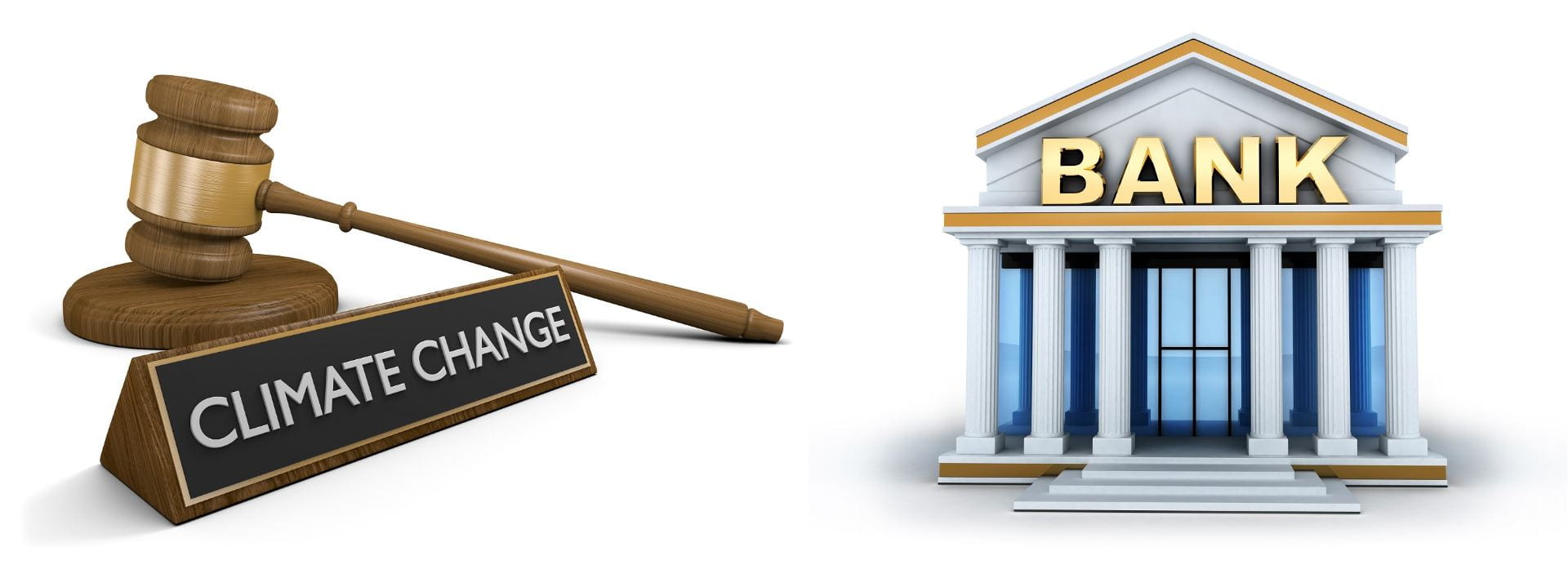In an insightful study, Ivan Ivanov, Mathias Kruttli, and Sumudu Watugala delve into the financial risks brought on by carbon pricing and the shift to a low-carbon economy. These risks impact greenhouse gas-emitting firms and their lenders, prompting critical questions about financial stability.
The study zeroes in on major U.S. climate change policies, notably the California and Waxman-Markey cap-and-trade bills. The main finding is that banks are swiftly managing their risk by renegotiating loan terms, stepping back from term loan financing, and enforcing stricter cash flow covenants. This shows banks are proactively adjusting their sails to the gusty winds of climate transition.
However, the research unveils a cautionary note. Smaller, private firms are disproportionately affected, potentially experiencing increased operating costs and constrained access to finance.
Ivanov, Kruttli, and Watugala’s study illuminates the financial sector’s nimble response to climate change, while calling for recalibration of cap-and-trade programs to account for smaller, private firms. Their research, “Banking on Carbon: Corporate Lending and Cap-and-Trade Policy,” is a must-read for anyone interested in the financial implications of our transition to a green economy.

Leave a Reply